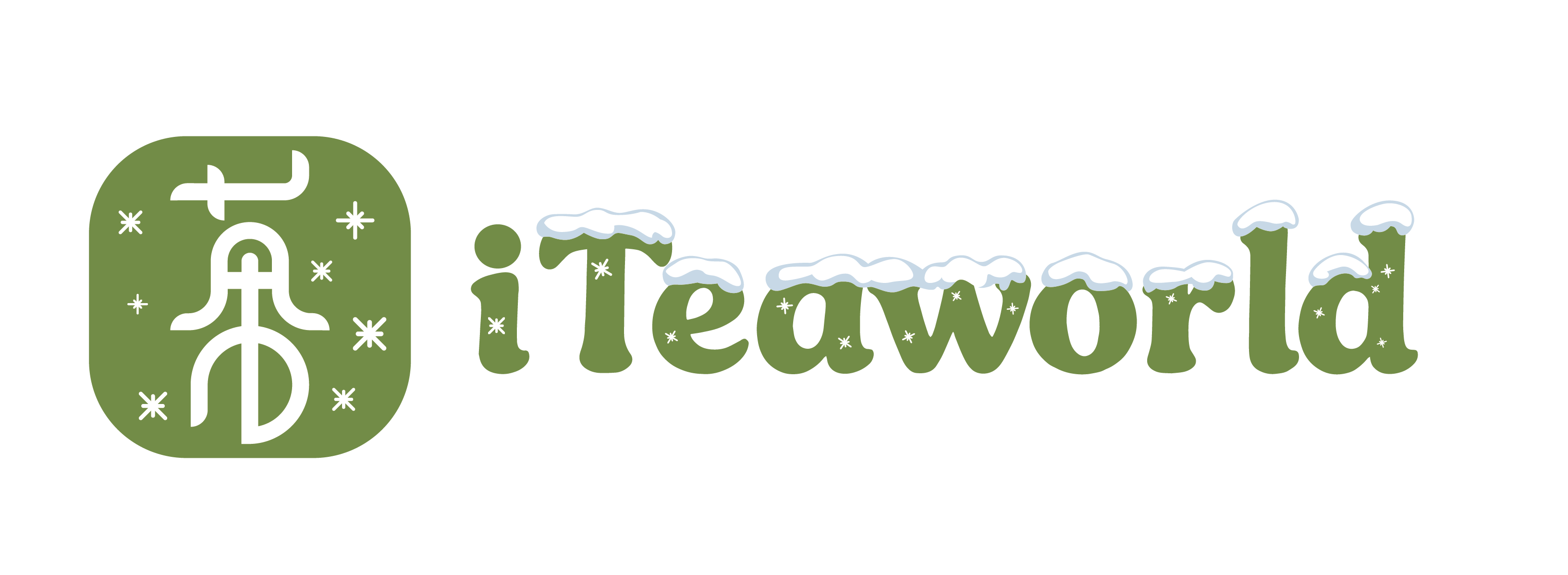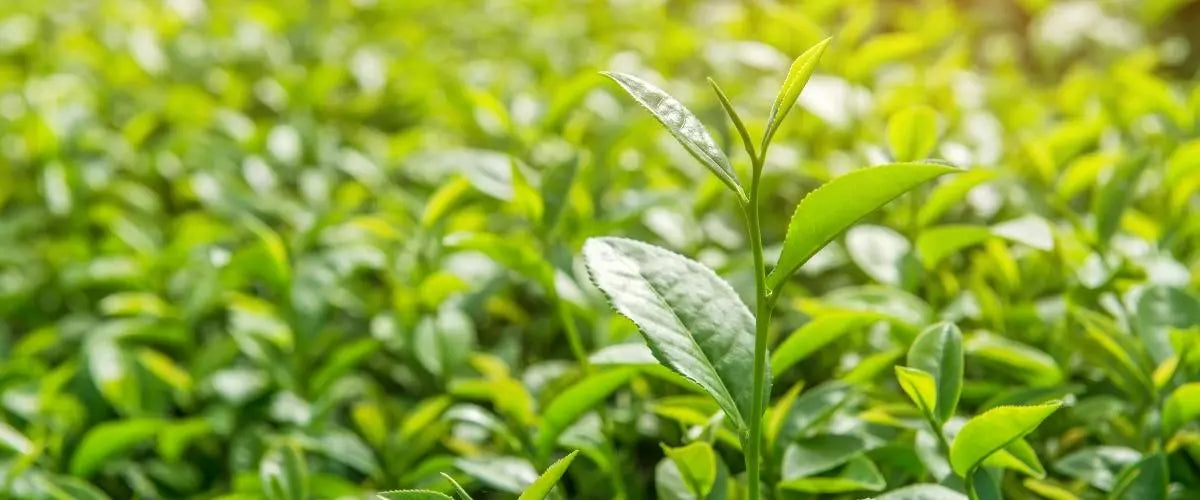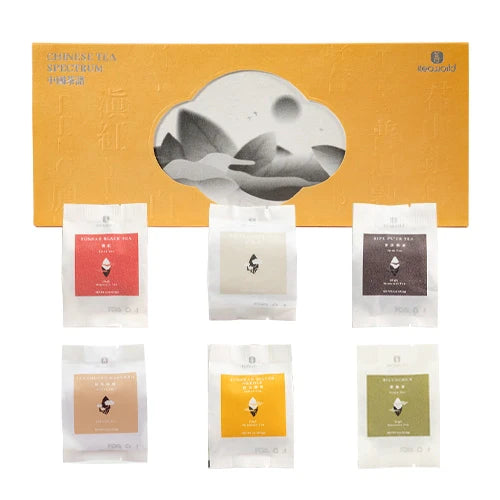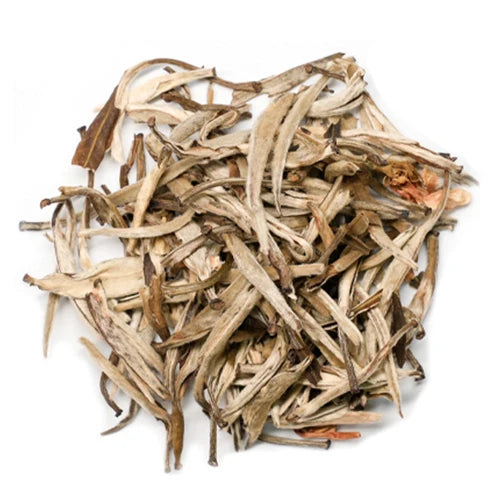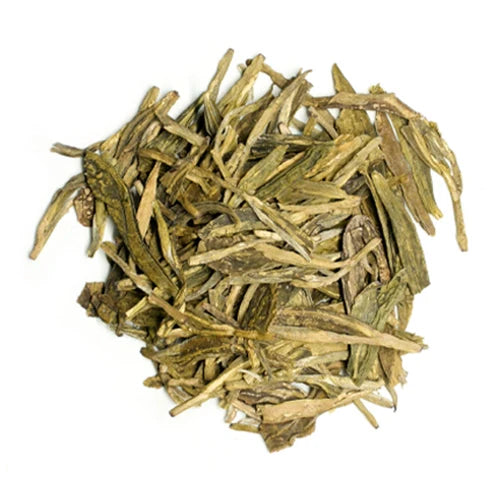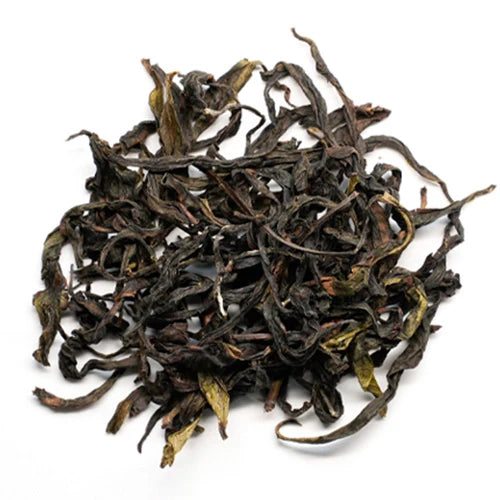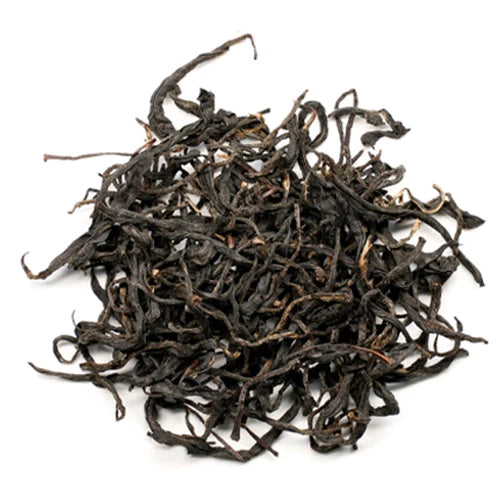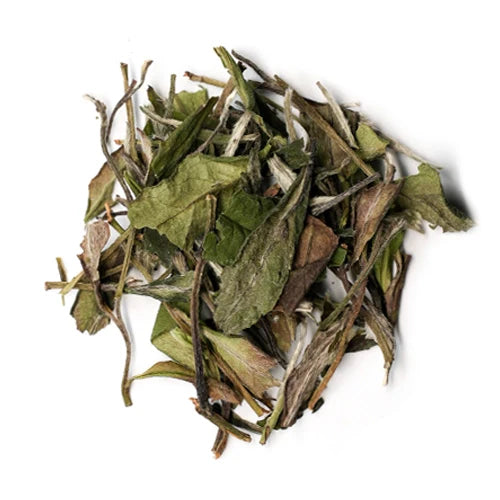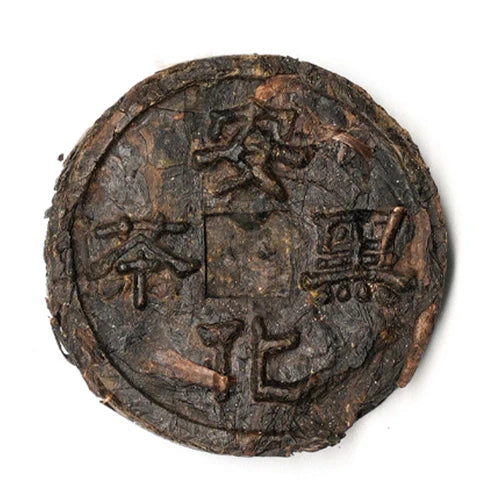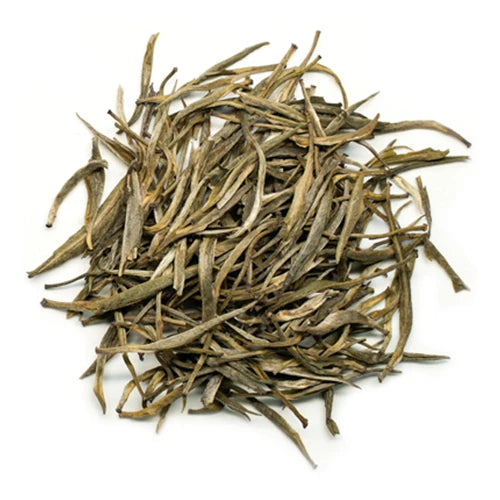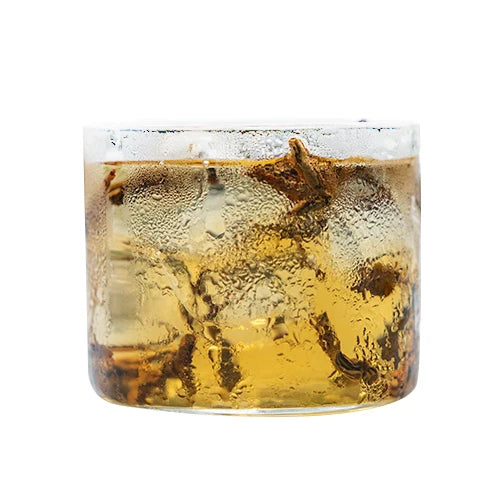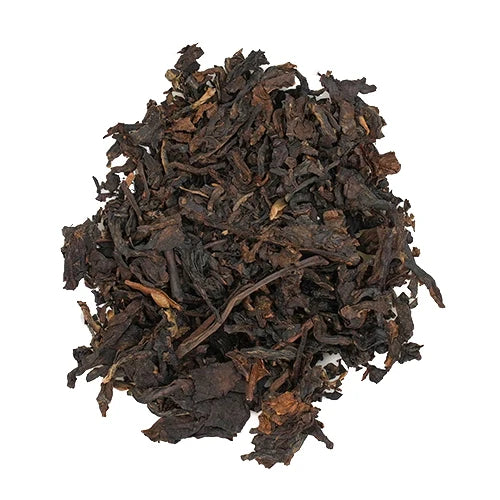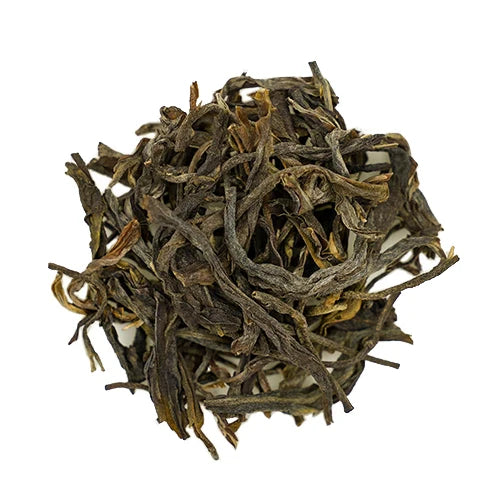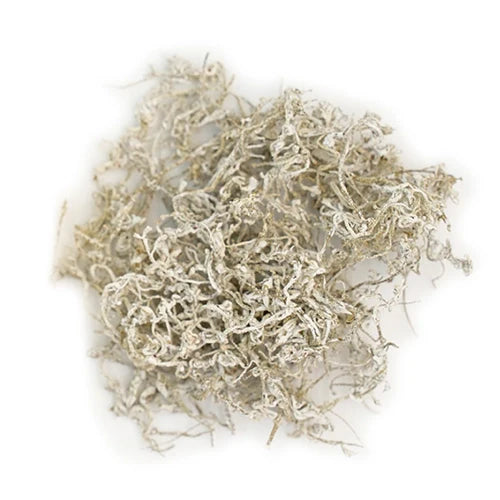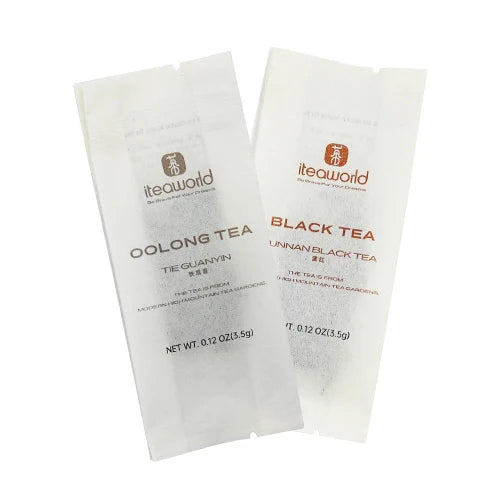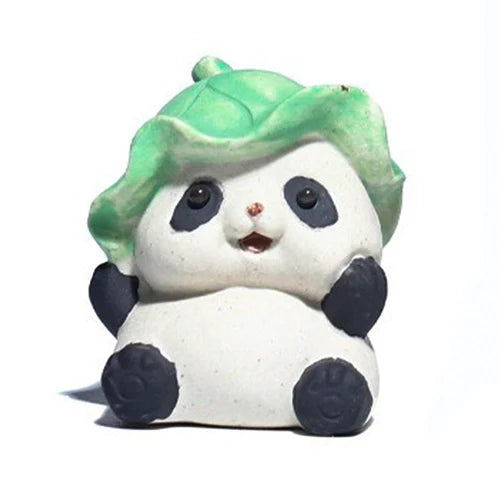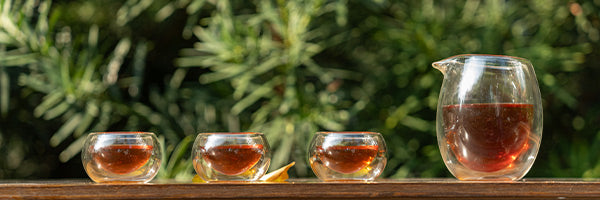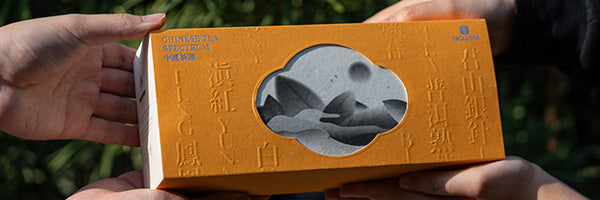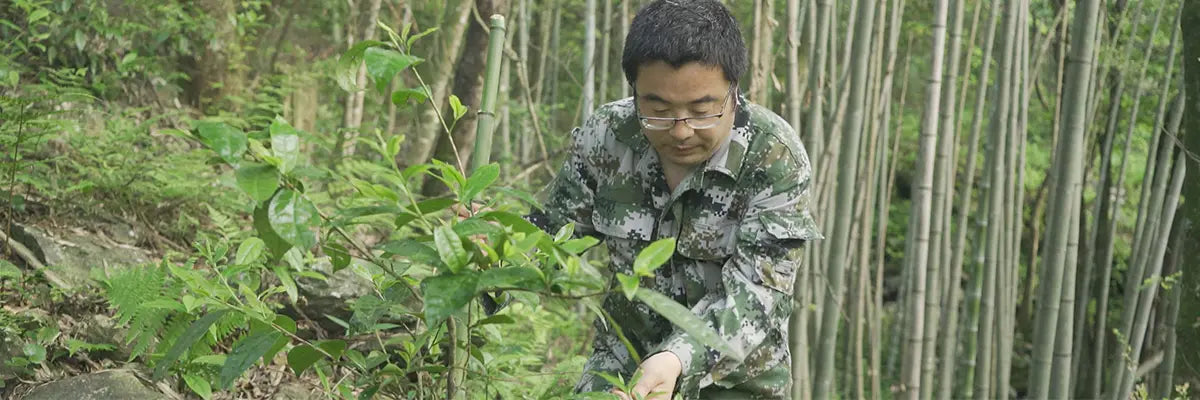Chinese jasmine tea is perhaps one of the most common teas served in Chinese restaurants. If you've ever enjoyed a fragrant, elegant hot tea in a Chinese restaurant, chances are it was Chinese jasmine tea.
Curious to learn more about this delicious and aromatic Chinese tea? Below are some questions you might have about drinking Chinese jasmine tea.
You don't necessarily need to read in order. You can quickly scan the headings to find the answers to your questions.
Ready to Experience the Timeless Charm of Jasmine Tea?
Treat yourself and your loved ones to the finest selection of Chinese teas and exclusive gift boxes, with savings up to 50% OFF!
What is Chinese Jasmine Tea?
Chinese jasmine tea is a highly popular type of loose leaf tea in China, with a history of over a thousand years.
The production process of Chinese jasmine tea is quite intricate. Its core process involves blending dry teas such as loose leaf green tea, loose leaf black tea, loose leaf oolong tea, etc., with jasmine flowers to allow the dry tea to absorb the aroma of jasmine flowers. The jasmine flowers are then sieved out, leaving the tea with the fragrance of jasmine but without the actual flowers. This is why Chinese jasmine tea is considered one of the best loose leaf tea.
There are various types of Chinese jasmine tea, and understanding their types can help you choose the best jasmine tea for you.
Based on the type of dry tea used to absorb the jasmine aroma, Chinese jasmine tea can be categorized as:
Jasmine Green Tea
Jasmine Black Tea
Jasmine Oolong
TeaJasmine White Tea
...
Based on the number of times the dry tea absorbs the jasmine aroma, Chinese jasmine tea can be categorized as:
3-Scenting Jasmine Tea
5-Scenting Jasmine Tea
7-Scenting Jasmine Tea
9-Scenting Jasmine Tea
...
If you’d love to explore the full spectrum of jasmine tea, our New Jasmine Tea Collection Set brings together different tea bases (white, green, oolong, dark, and black teas), crafted with 3–7 rounds of traditional scenting. From delicate and elegant to rich and mellow, this set allows you to enjoy the many layers of jasmine fragrance in one box. Perfect for daily enjoyment or as a thoughtful gift. (20% off until 28th Oct.)

Chinese Jasmine Tea vs. Chinese Green Tea
- About Chinese Green Tea:
Chinese green tea refers to leaves from the tea tree (Camellia sinensis) that have undergone three steps: Killing Green, Rolling, and Drying, making it one of the six major types of tea. The production process of green tea preserves more natural substances from fresh leaves, resulting in a clear green tea liquor and greenish leaves. Chinese green tea generally has a fresh and mild fragrance.
Find more loose leaf green tea with our Green Tea Sampler.>>>
- About Chinese Jasmine Tea:
Chinese jasmine tea is not one of the six major teas; it's a type of processed tea. It's made by processing dry teas such as green tea, black tea, along with jasmine flowers. The most prominent characteristic of Chinese jasmine tea is its strong jasmine fragrance.
Find more loose leaf jasmine tea with our Chinese Jasmine Tea Sampler.>>>
Many people easily confuse Chinese green tea and Chinese jasmine tea, why is that? It's because many jasmine teas are made by processing loose leaf green tea. This type of jasmine tea is called jasmine green tea, combining the freshness of green tea with the fragrance of jasmine tea.
What Makes the Best Jasmine Tea Fragrance?
Firstly, jasmine tea made with fresh jasmine flowers has the best and most vibrant fragrance. Some manufacturers opt for dried jasmine flowers to cut costs, so be mindful to avoid such teas when purchasing.
Secondly, the quality of the jasmine tea fragrance depends on how many times the dry tea has absorbed the jasmine aroma. In theory, the more times the dry tea absorbs the jasmine fragrance, the better. In practice, it's recommended to use a tea sampler to compare and try different jasmine teas to find the one you like best.
If you're interested in tea fragrances, consider trying Chinese loose leaf oolong tea as well. Some renowned best oolong tea like Fenghuang Dancong, Da Hong Pao, and Tie Guanyin all have unique and captivating fragrances.
How to Brew Chinese jasmine tea for the Best Flavor?
The brewing methods vary for different types of jasmine teas, so follow the brewing instructions on the tea packaging for the best results.
Most likely, you'll buy jasmine green tea. Here are some tips for brewing jasmine green tea for the best flavor:
- Rinse the tea utensils with boiling water:Pre-rinsing the tea utensils not only cleans them but also ensures they have the right temperature for brewing, resulting in better-tasting tea.
- Use white porcelain or transparent glassware:White porcelain and transparent glassware won't interfere with the jasmine green tea's flavor, highlighting its elegance and freshness.
- Opt for lower brewing water temperature:The ideal brewing water temperature for jasmine green tea is 80-90 degrees Celsius, which brings out the tea's aroma fully while avoiding bitterness.
- Use purified or mineral water:High-quality water enhances the flavor of brewed jasmine green tea. It's best to use purified or mineral water for brewing and avoid tap water.
💡Tip: Each tea in our Jasmine Tea Collection comes with its own brewing recommendation, making it easy to try different bases—green tea, oolong, black tea—while experiencing how the same jasmine fragrance unfolds in unique ways.

Can I Drink Chinese jasmine tea Every Day?
For most people, it's fine to drink Chinese jasmine tea daily, as long as you don't consume it in excess.
It's generally recommended not to exceed 8 cups per day.
Who Should Avoid Drinking Jasmine Tea?
People with a naturally cold body constitution or weak gastrointestinal function are not suitable for regular consumption of certain types of jasmine loose leaf tea, such as jasmine green tea.
Because jasmine green tea is inherently cooling, frequent consumption by these individuals can exacerbate coldness in the body or cause gastrointestinal discomfort.
What Are the Health Benefits of Jasmine Tea?
In addition to its delicious taste, jasmine tea offers several health benefits, making it a great gift in tea gift sets for family and friends.
- Mental Alertness: Jasmine tea contains a moderate amount of caffeine, providing a refreshing and alerting effect that can relieve fatigue and drowsiness.
- Mood Enhancement: The aromatic fragrance of jasmine tea helps calm emotions and relieve stress.
- Antioxidant Properties: Jasmine tea contains various natural antioxidants that help eliminate free radicals in the body, offering antioxidant benefits.
-
Antibacterial and Anti-inflammatory:Compounds like tea polyphenols in jasmine tea have antimicrobial properties, aiding in fighting bacteria and inflammation, which can help alleviate skin ulcers and similar conditions.
To enjoy these health benefits in your daily routine, our Jasmine Tea Collection is a great starting point. With multiple varieties in one set, you can switch teas every day and experience a wide range of uplifting and soothing effects.

Is Chinese jasmine tea High in Caffeine?
Generally speaking, the caffeine content in a cup of Chinese jasmine tea is much lower compared to a cup of coffee.

The caffeine content in different varieties of jasmine tea varies, mainly depending on the type of dry tea used to make this tea. For example, jasmine black tea tends to have a relatively higher caffeine content, while jasmine green tea has a relatively lower caffeine content.
For the most common jasmine green tea, the caffeine content in a small cup (approximately 250 milliliters) is typically around 15-30mg.
Can I Drink Jasmine Tea Before Bed?
Whether it's suitable to drink jasmine tea before bed also depends on the type of jasmine tea you're drinking. You can use a loose leaf tea sampler to choose the jasmine tea that suits you.
If the jasmine tea you're drinking doesn't make you overly stimulated, then it's fine to consume it in moderation before bed. However, if the jasmine tea makes you alert for several hours, it's best to avoid drinking it before bedtime.
Additionally, regardless of the situation, avoid consuming too much jasmine tea before bed, as it can increase your body's burden and lead to increased nighttime urination.
Ready to experience the timeless craft and diverse flavors of jasmine tea?
👉 Discover our Jasmine Tea Collection, a curated selection that lets you enjoy both the classic and the unique sides of jasmine tea—making every tea moment special.
